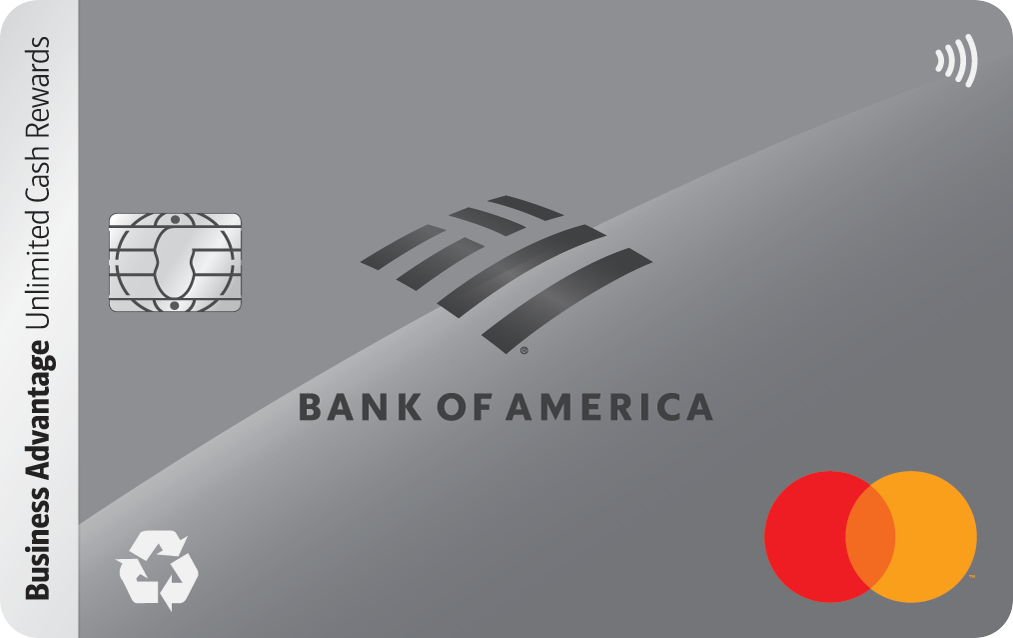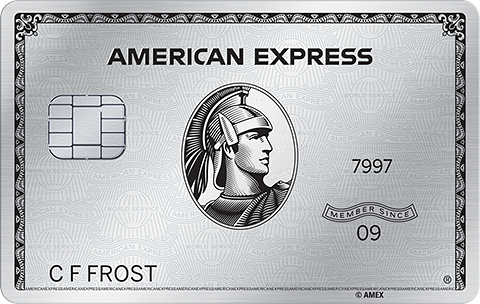Should You Split Your Debt Across Multiple Balance Transfer Cards?

Image source: Getty Images
If you've got credit card debt, a balance transfer offer can look like a lifeline -- a way to pause interest and finally get ahead.
But what if one card's limit isn't high enough? Would spreading your debt across multiple balance transfer cards help?
Short answer: probably not.
In most cases, splitting your balance between several cards doesn't save you money. And it can actually add more risk and stress to your situation.
Here's all the reasoning and better options instead.
Multiple cards don't actually save you on fees
A common misconception is that you'll save on transfer fees by breaking up your debt into small transfers.
But balance transfer fees are based on a percentage of the amount you move. So you pay the same in fees with a large chunk as you do with several small chunks.
For example:
- A 3% fee on $5,000 = $150
- A 3% on $1,000 (transferred five times) = $150
It's the same math, just more transfers. And each transfer comes with its own limits, timelines, and fine print.
Plus, juggling multiple 0% intro APR periods can get messy fast -- and one late payment could cancel your promotional rate.
If you really need to move balances from multiple cards, do your best to consolidate them onto one new balance transfer card. You'll still pay fees, but you'll keep the plan streamlined and easier to manage.
Check out our top-rated balance transfer cards to compare offers.
Each new card can hurt your credit
Every time you apply for a new card, the lender runs a hard inquiry on your credit report. And multiple inquiries in a short time can ding your score a few points.
Not just that, the act of transferring balances can shift your credit utilization ratios across accounts, which can impact your score each time too.
A single balance transfer can already ding your credit a bit. There's no reason to multiply that impact.
Juggling too many cards increases the risk of mistakes
Debt payoff already takes discipline. Add multiple 0% intro APR cards to the mix, and it becomes a logistical nightmare.
You'll have to track:
- Payment due dates
- Promotional period expiration dates
- Remaining balances
- Minimum payment amounts
One slip up, like a single missed payment, could mean your promotional APR vanishes overnight. Suddenly that "free" balance transfer costs 20% interest again.
This is why consolidation tends to be the smarter move. Your goal should be simplification, not multiplication.
Splitting debt doesn't fix overspending
Here's a truth nobody likes to hear: If you're relying on balance transfers over and over, the real problem isn't interest -- it's spending.
Shuffling debt from card to card is a short-term patch. It might buy you time, but it doesn't solve the underlying issue.
You can't "game" the system forever. Eventually, the music stops and the debt remains.
Instead, aim to pay off your transferred balance completely before the 0% intro period ends. Otherwise, you'll just reset the clock again with another card and another fee.
Better strategies than juggling multiple balance transfer cards
If your main goal is to escape high-interest credit card debt, here are smarter and simpler alternatives:
- Pick the right balance transfer card. Choose one with the longest 0% intro APR period and no annual fee. If your limit is low, you might be able to do multiple transfers to the same card over time.
- Look into personal loans. Even at 13% interest, a debt consolidation loan can be way cheaper than carrying a 20%+ credit card balance. Plus, most personal loans have fixed payments and term lengths so it's easier to budget.
- Negotiate directly with your creditors. There's a chance your lender will temporarily lower your APR or create a hardship plan if you ask. It never hurts to try.
And if you're truly overwhelmed with credit card debt, you don't have to suffer alone. There are some awesome nonprofit credit counseling agencies out there like the National Foundation for Credit Counseling (NFCC) or Money Management International (MMI). They can help you build a repayment plan and even negotiate lower interest rates with your lenders.
The bottom line
Splitting your debt across multiple balance transfer cards rarely makes sense. It adds complexity, risk, and doesn't actually save money.
The better move is to keep it simple and remain patient. Find one solid balance transfer card, focus on repayment, and fix the habits that caused the debt in the first place.
A clean plan beats a complicated one every time.
Our Research Expert


